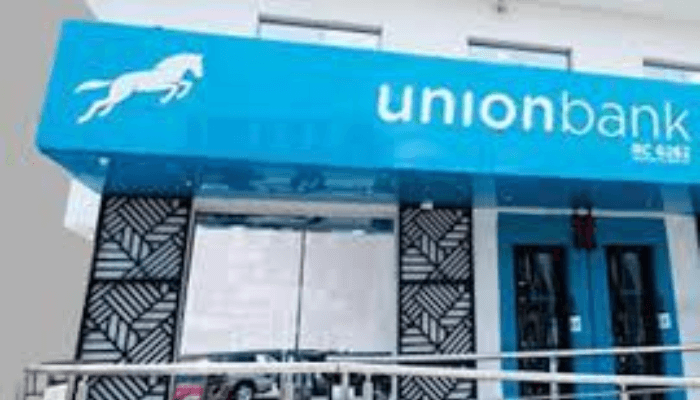Union Bank of Nigeria has undergone more transformations than most companies can imagine. From its birth in 1917 to its merger with Titan Trust Bank in 2025, the bank has continuously reinvented itself, surviving crises, navigating acquisitions, and embracing innovation.
The journey began in 1917 when Union Bank opened as Colonial Bank in Lagos, bringing formal banking to Nigeria. Just eight years later, in 1925, Barclays Bank DCO acquired the institution, linking its Nigerian operations to a global network. By 1970, the Nigerian arm had been locally incorporated as Barclays Bank of Nigeria Plc and listed on the Nigerian Stock Exchange. Full Nigerian ownership arrived in 1979, with the bank renamed Union Bank of Nigeria Plc, a milestone in the country’s drive toward indigenisation.
Privatisation was completed in 1993, giving Nigerian investors full control. In 2005, Union Bank expanded its footprint by absorbing Universal Trust Bank, Broad Bank, and Union Merchant Bank. The 2009 financial crisis tested its resilience, but with AMCON intervention and a $500 million injection from Union Global Partners Ltd, the bank stabilised. Further ownership shifts included Atlas Mara acquiring a 20 percent stake in 2014 and the sale of Union Bank UK Plc in 2020, refocusing operations entirely on Nigeria.
The most radical transformation came between 2021 and 2025. Titan Trust Bank, a younger and more aggressive lender, acquired a controlling stake in Union Bank, completing a full takeover by 2023. A court-sanctioned merger formalised the integration, and by September 2025, Titan Trust ceased as a standalone entity. Yet the Union Bank brand, trusted for over a century, was retained—merging heritage with new ambition.
Union Bank’s CEO, Yetunde Oni, called the merger “a pivotal moment in our 108-year journey, and a launchpad for delivering greater value to our customers.” Chairman Bayo Adeleke described it as “a new era of growth, collaboration, and shared prosperity. By blending stability with innovation, we are better positioned to meet the evolving needs of Nigerians.”
Read also: Union Bank completes merger with Titan Trust Bank
Today, the merged bank boasts over 293 branches, 937 ATMs, and more than eight million customers. Its assets surpassed N2.3 trillion in Q2 2025, while digital adoption soared, with a 45 percent increase in usage of UnionMobile and TitanPay platforms. The merger combines Union Bank’s heritage and nationwide footprint with Titan Trust’s innovation and youthful energy, creating a bank capable of meeting modern challenges.
The story of Union Bank also mirrors the evolution of Nigeria’s banking sector. Stricter recapitalisation rules from the Central Bank of Nigeria are pushing banks to rethink scale, funding, and structure. Many mid-tier banks, such as Unity Bank and Providus Bank, are exploring mergers to meet the N200 billion minimum capital requirement for national banks by 2026. Fitch Ratings warns that smaller banks unable to meet these thresholds may merge or face downgrades, signalling further consolidation.
Union Bank’s history from Colonial Bank to Barclays’ acquisition, full Nigerian ownership, crisis survival, multiple absorptions, and now merger with Titan Trust showcase resilience and adaptability. With its historic name intact, the bank emerges renewed, technologically agile, and ready to lead in an increasingly competitive banking landscape.









